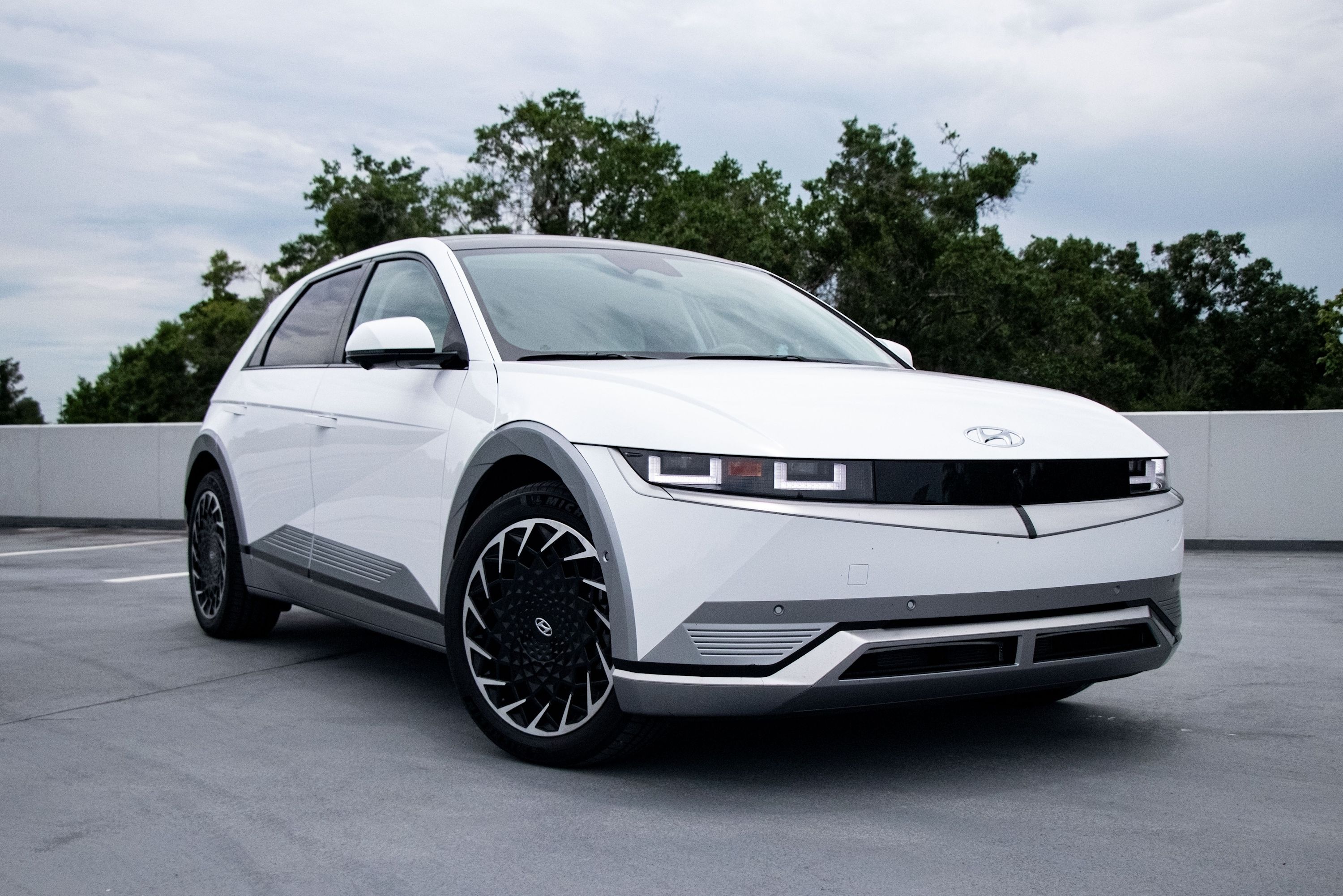
Battery electric vehicles have significantly contributed to the first year-on-year decline in car service satisfaction levels in 28 years. Many recalls and a lack of service advisor knowledge continue to plague EVs.
These were some of the findings of the 2023 US Customer Service Index (CSI) Study released by J.D. Power, which aims to uncover how happy customers are with the overall servicing experience of their vehicles.
Based on a 1,000-point scale, service satisfaction declined by two points to 846 in this year's study. Still, there was a much more significant service satisfaction gap for EV owners compared to owners of conventionally powered cars. EV service satisfaction was 42 points behind that of internal combustion engine (ICE) cars, not helped by the fact that recall rates for EVs are over twice as high relative to ICE models.
Many EV recalls are for software-related maladies that an over-the-air software update can quickly fix, as was the case with the Ford Mustang Mach-E that suffered from a worrying issue with unintended acceleration last year. The study's findings make it clear that many EV owners still have to go to service stations to fix some problems.
In order of importance, the ratings applied to brands and vehicles are based on service quality (32%), service advisor (19%), vehicle pick-up (19%), service facility (15%), and service initiation (15%). Service quality is pertinent because recent research indicates that damaged driver-assistance features - commonly equipped to high-tech EVs - often do not work correctly following a repair.
"As the electric vehicle segment grows, servicing is going to be a 'make or break' part of the ownership experience," said J.D. Power's Chris Sutton. "The industry has been hyper-focused on launches, and now those customers are bringing their electric vehicles in for maintenance and repairs. The EV segment has the potential to spur massive convenience improvements in how customers service their vehicles - but we're not seeing the benefits yet."
Interestingly, the three automakers with the largest year-on-year improvements in satisfaction scores - Alfa Romeo, Mitsubishi, and Infiniti don't have any EVs on sale in the USA presently.
Lexus was the highest-rated premium brand with 900 points, and its first dedicated EV, the RZ crossover, is yet to make its impact felt in the market. The Japanese automaker was followed by premium brands Porsche, Cadillac, Infiniti, and Acura in the top five.
For mass-market brands, the top five performers for service satisfaction were Mitsubishi, Mazda, Buick, Subaru, and Mini. All of these brands have yet to make a significant dent in the EV space, with Mazda's slow-selling MX-30 and Mini's electric hatch both hampered by a poor range.
The Subaru Solterra only went on sale last year, and just 347 units were sold in February (compared to over 10,000 Foresters), so its effect on service satisfaction will be minimal. Ford, the number two EV maker in the USA, came in at 832 points - 14th amongst mass-market brands and below the mass-market industry average score of 842.
Genesis was the worst-performing premium brand, while parent company Hyundai was only prevented from being the worst-rated mass market brand by Chrysler. In contrast to the high-performing brands, Hyundai/Genesis has a much more comprehensive lineup of EVs with vehicles like the Ioniq 5, Kona Electric, GV60, and Electrified G80.
The study found that recalls profoundly impact satisfaction scores, with a 23-point decline when a customer must have a vehicle brought in for a recall-related incident rather than a typical maintenance issue.
Appointment wait times have also increased since the 2021 study (by 1.9 days for premium vehicles and 1.3 days for mass-market cars), which will naturally contribute to customer frustration. Tesla, the number one EV brand in the country by far, has seen thousands of its customers flock to GM dealers to have their vehicles fixed, partly due to long waiting times at Tesla service centers.
Ultimately, the industry has had decades to properly equip service centers and conduct training of technicians and service advisors to deal with ICE cars, and EVs haven't been around long enough for servicing standards to catch up. As older EVs hit the road and require more maintenance, we hope the overall servicing experience improves.



